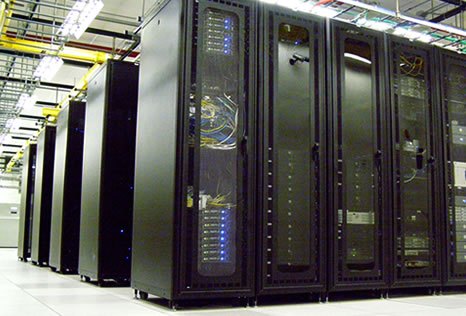
Although the business has a similar environment to that of a dedicated server, a VPS solution that shares the same physical server with other users has a reduced cost than a dedicated server. This makes VPS solutions great for a growing business with a limited IT budget that needs something better than shared hosting.
Cost Savings for IT Budgets
VPS have several cost savings that transfer to the business. Some of them are direct savings associated with server management and support, but other savings are indirect, such as cost savings in server upgrades and hardware costs.
VPS is not as cheap as shared hosting environments, but the business must share server resources with hundreds of other server users with shared hosting. The costs are reduced, because the server is virtual and several virtual machines can exist on one server.
Support Time and Resources
In-house server solutions are expensive because the business needs human and hardware resources to support the network. When the business grows, more hardware and software resources are needed, and these resources are managed by hiring more personnel. This management is costly, as is the hardware.
VPS give the business control over the server, but the hosting company performs any hardware support. If the server crashes, the VPS host is also responsible. This comes at no additional cost to the business.
Around-the-clock support is costly, and hourly employees are paid more to support servers after hours. The business must pay a professional to be available at any time, and this can cost thousands of dollars in extra overhead. Even if the business uses daytime employees to be on call, the price is usually added to the employees’ salaries. Using a hosting solution, support is always available without the time, monitoring services and employee time needed to create around-the-clock support.
Pay for Only Resources Used
A true VPS host only charges for the resources used, so this means that the cost is reduced compared to purchasing new hardware outright. Need more hard drive space? The host adds more virtual storage capacity and only charges for the amount of space used. Scalability is one main concern for growing businesses, and with this type of expense, the costs scale with the growth of the business.
VPS saves much of the time needed for support, and the cost is much lower than in-house dedicated servers. If the IT manager needs a cost effective solution with the ability to manage much of the server resources, a VPS host can offer a virtual server solution at a reasonable cost.
Jennifer Marsh is a software developer, programmer and technology writer and occasionally blogs for open cloud company Rackspace Hosting.
